Close to the Dutch and Belgium border – Aachen is a city buzzing with international cultures and historical sites from more than 2000 years. Charlemagne already appreciated the city´s hot springs and even more so today the city tells stories and legends from its history as a European cultural melting pot. A stroll through the city center offers impressions of interplay between ancient buildings and modern architecture.
Aachen – The most important sights
-
Town Hall
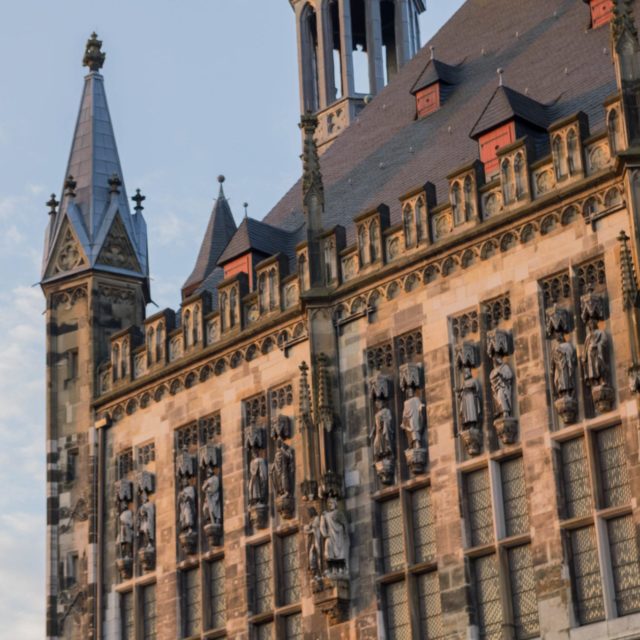
-
The Cathedral of Aix-La-Chapelle
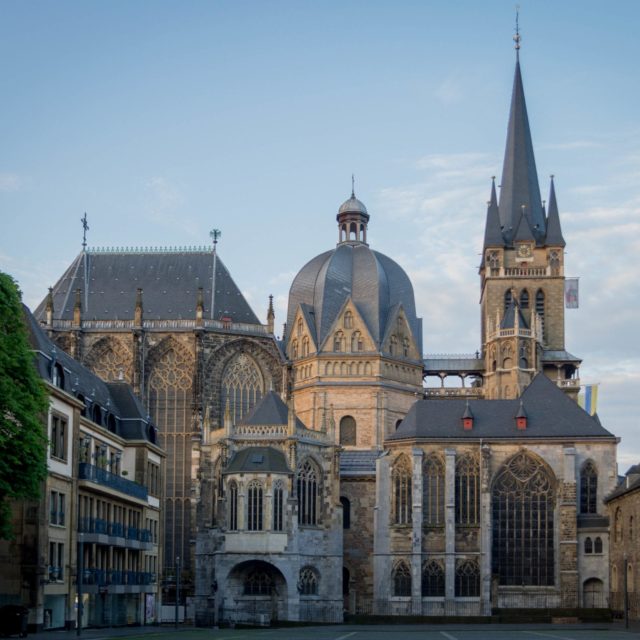
-
Theater
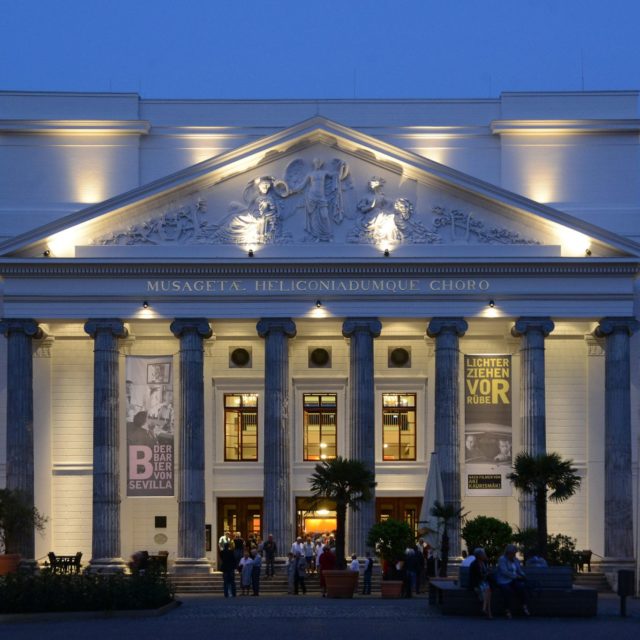
-
Pontstraße
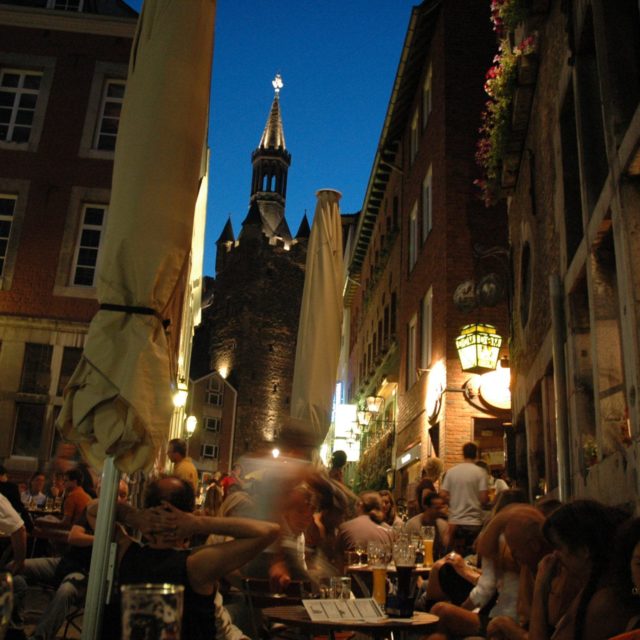
-
SuperC

-
Elisenbrunnen
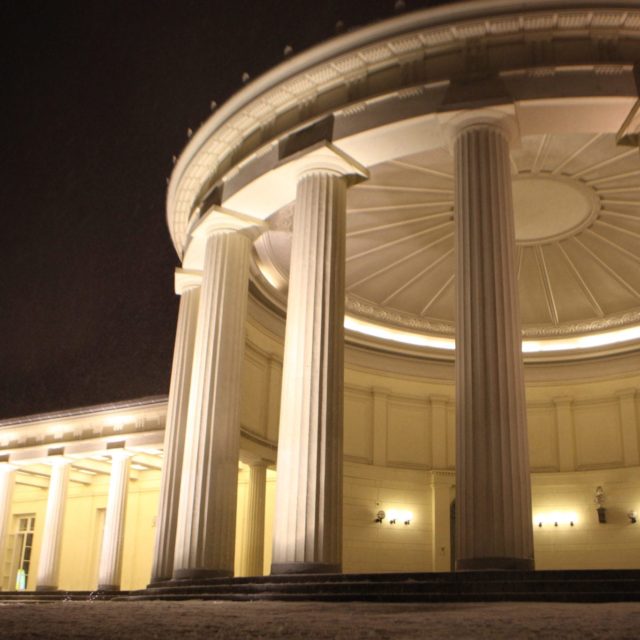
-
Printen
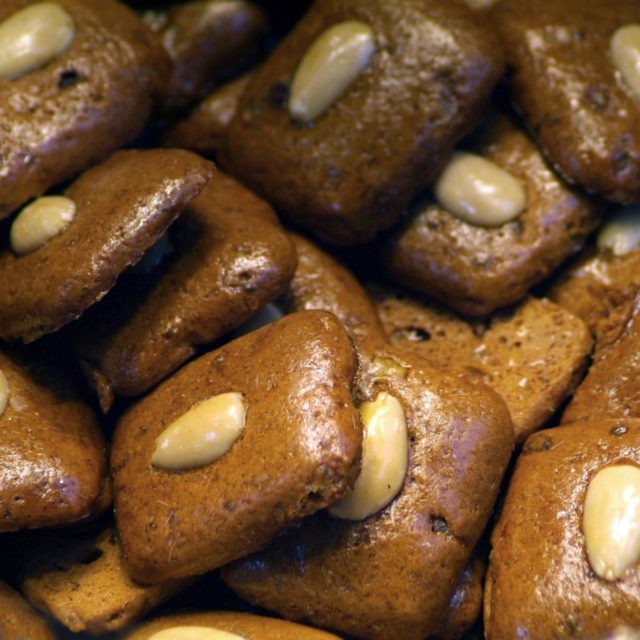
-
Westpark
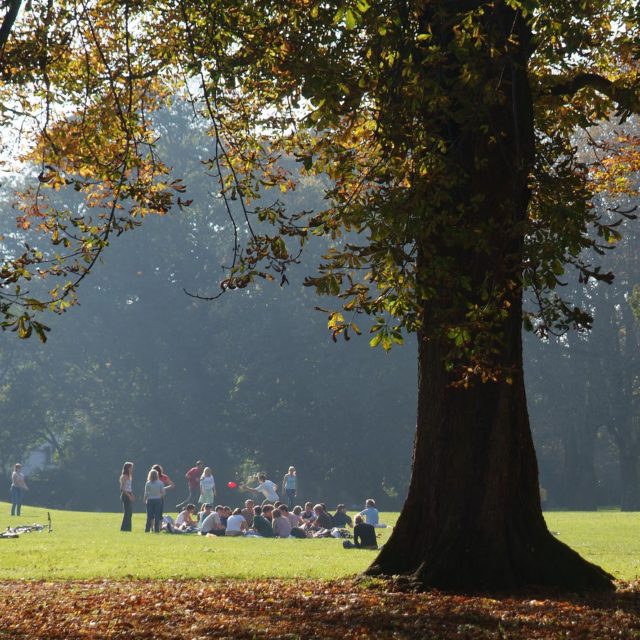
-
City Park
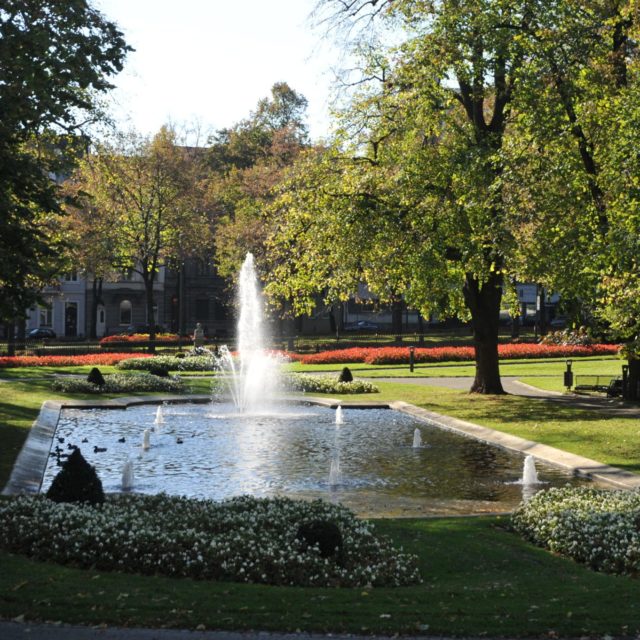
-
Lousberg
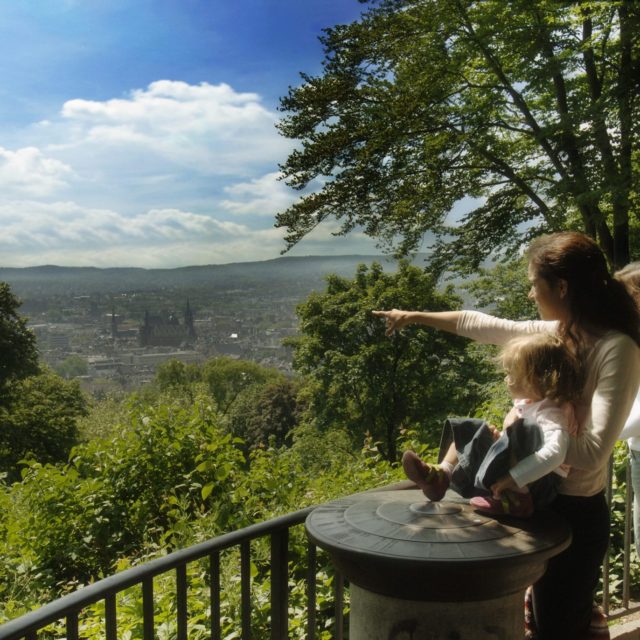
-
Three Country Border
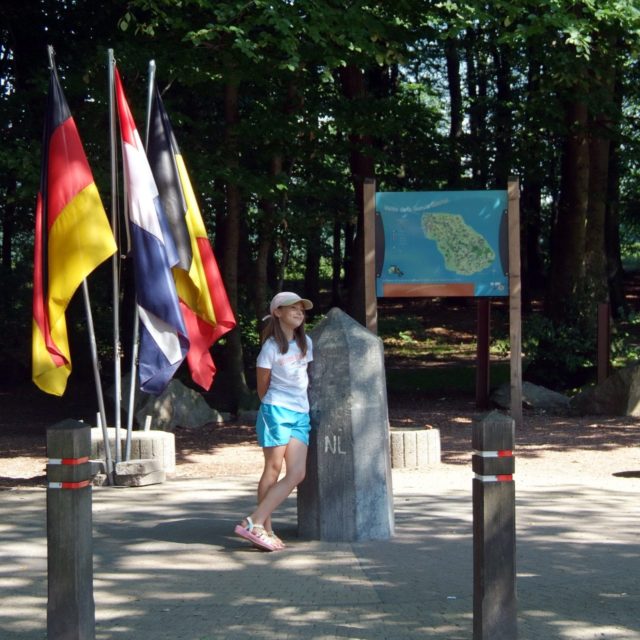
-
Ponttor
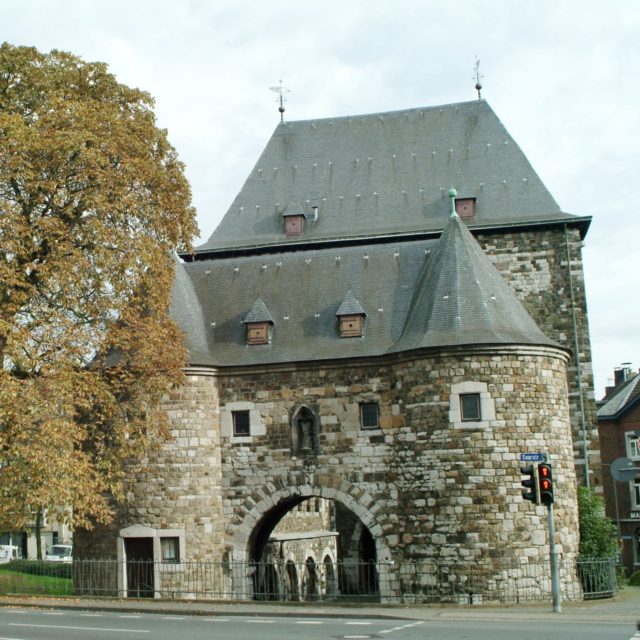
-
Archaeology
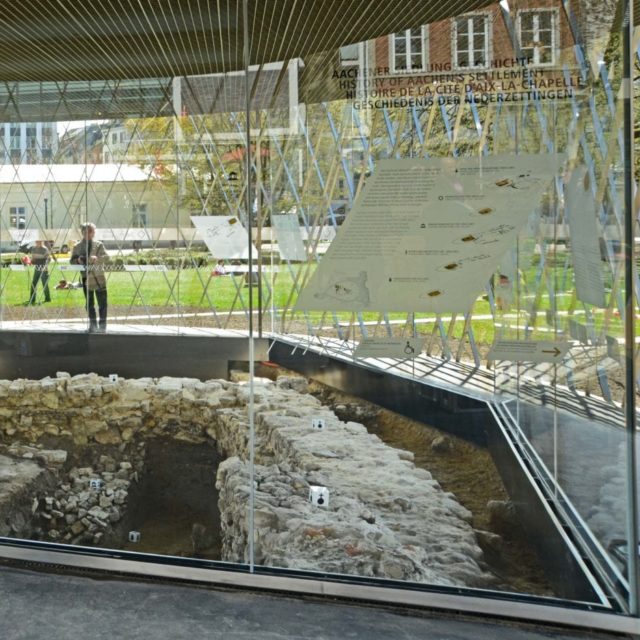
-
Frankenberger District
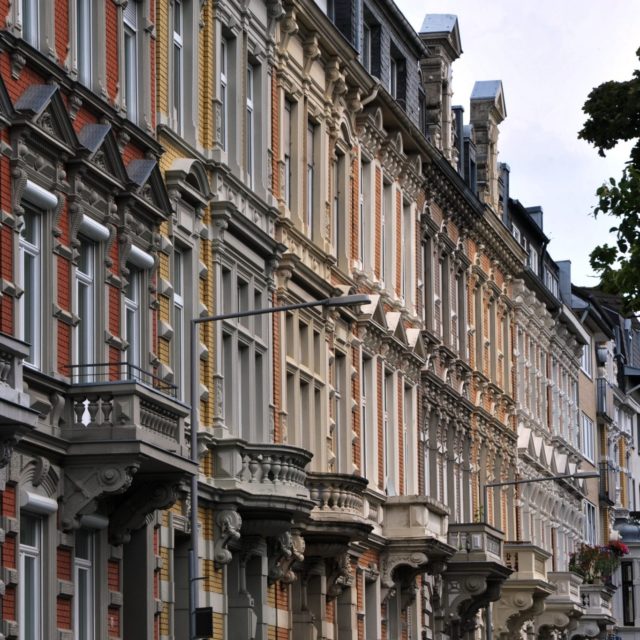
-
Aquis Plaza
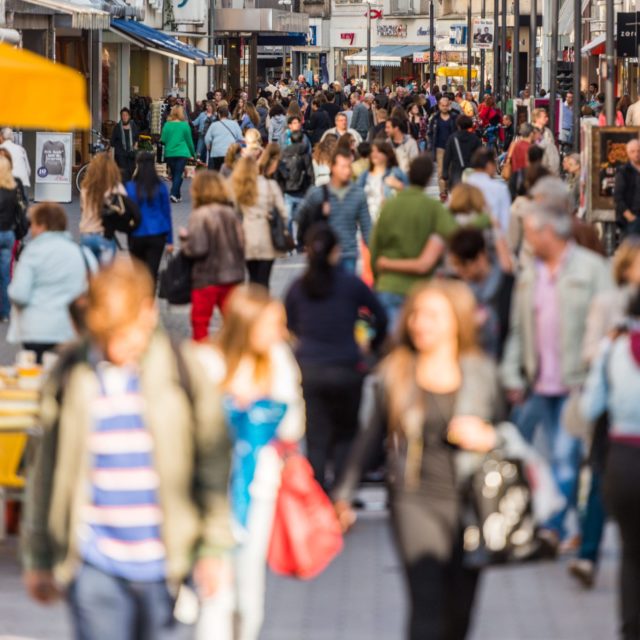

Town Hall
Charlemagne’s favorite palace from 789 on did not just become his permanent residence but also his center of power.
Foto: www.medien.aachen.de / Peter Hinschläger

The Cathedral of Aix-La-Chapelle
The cathedral is a roman-catholic church built by order of the emperor Charlemagne who was also buried there 814. Almost 600 German kings and queens were coronated in the Palatine Chapel, the heart of the cathedral.
Foto: Aline Sylla

Theater
This classicist building houses the Aachen Theatre. Prepare to be amazed by its diverse and lively programme.
Foto: www.medien.aachen.de / Andreas Herrmann

Pontstraße
In this street restaurant follows restaurant. It is a popular hangout for Aachener students who come here for food, drinks and a night out.
Foto: www.medien.aachen.de / Bernd Schröder

SuperC
The SuperC functions as the administrative heart of the RWTH University and serves as an information point for students. The buildings design stands out and its shape inspired its name.
Foto: Aline Sylla

Elisenbrunnen
The Elisenbrunnen consists of two pavilions and an open foyer and is known for its sulfurous, warm water which is said to have healing properties.
Foto: www.medien.aachen.de / Andreas Steindl

Printen
The Aachener Gingerbread (Printen) is available year-round and can be found all over town. No matter whether hard, soft, with herbs, chocolate or nuts there is something for everyone.
Foto: www.medien.aachen.de / Andreas Herrmann

Westpark
The place for picknicks and barbecues. Especially in the summer the park is filled with people enjoying the outdoors and the sunshine.
Foto: www.medien.aachen.de / Andreas Herrmann

City Park
The city park offers some peace and quiet away from the activities of the inner city. Take a relaxing stroll past fountains and gardens.
Foto: www.medien.aachen.de / Andreas Herrmann

Lousberg
The Lousberg is Aachen´s highest elevation and allows wonderful outdoor strolls or jogs with a fantastic view. Head to the hammocks on the northern slope if you want to relax.
Foto: www.medien.aachen.de / Guy van Grinsven / Studiopress-Maastricht-NL

Three Country Border
Close to Aachen in the Dutch province of Limburg in a small city called Valls you can find the point where the borders of Germany, Belgium and the Netherlands meet.
Foto: www.medien.aachen.de / Andreas Herrmann

Ponttor
Once upon a time Aachen was surrounded by a city wall. The Ponttor was one of two gates that allowed access to the city in the 14th Century. The gate together with its fore and main castle can still be seen today.
Foto: www.medien.aachen.de / Andreas Herrmann

Archaeology
Close to the Elisenbrunnen archaeological finds can be admired in a showcase. These were discovered during construction works at the Elisengarten.
Foto: www.medien.aachen.de / Andreas Herrmann

Frankenberger District
Aachen´s Frankenberger district offers beautiful rows of turn of the century buildings and a lively atmosphere especially during the summer months.
Foto: www.medien.aachen.de / Andreas Herrmann

Aquis Plaza
The shopping center is located at the end of the Adalbertstraße and offers about 130 shops and a diverse food court to explore.
Foto: www.medien.aachen.de / David J. Engel
Museums
Aachen has a high number of museums which present a part of history, living cultures, media and art. You can explore one of these museums and galleries:
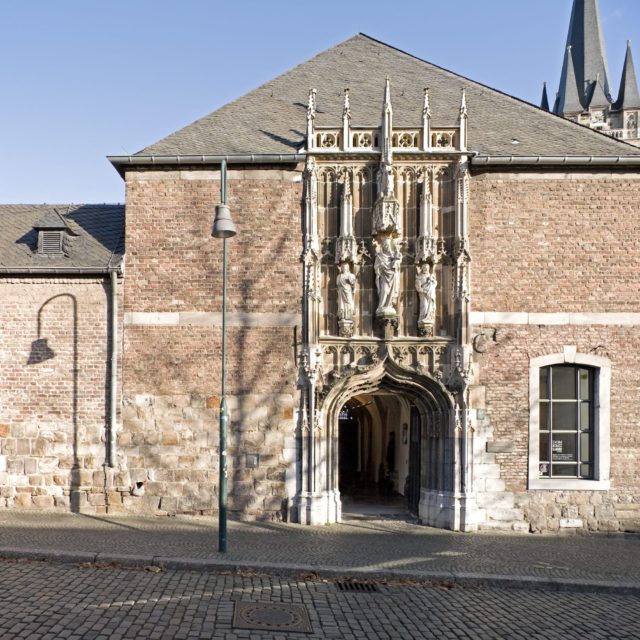
Domschatzkammer
Charlemagne’s palace, the era of coronations and the tradition of pilgrimages have produced a unique and magnificent church treasure whose most famous pieces are on show today in the Cathedral Treasury. The oldest piece is a Roman sarcophagus which portrays a scene from ancient mythology, and in which Charlemagne was initially buried.
Foto: www.medien.aachen.de / Andreas Herrmann
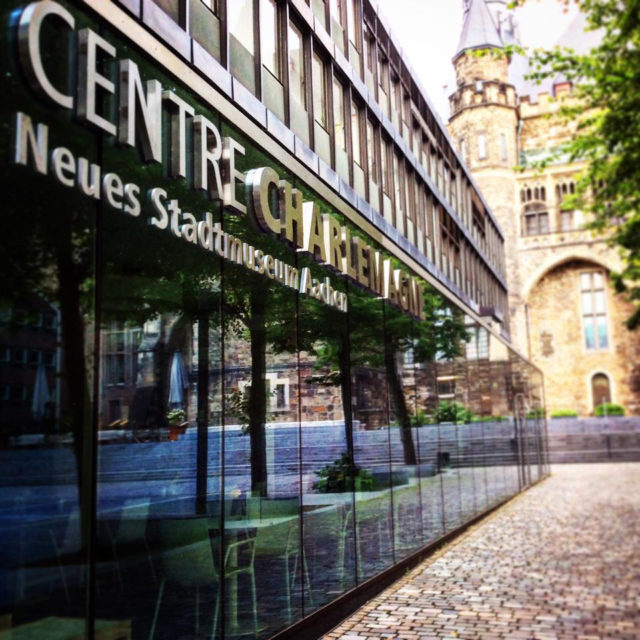
Centre Charlemagne
The central starting point of the Route Charlemagne is the “Centre Charlemagne – Neues Stadtmuseum Aachen”, located on the Katschhof between the Town Hall and the Cathedral. Here, visitors can get information on all the sights along the Route Charlemagne.
Foto: www.medien.aachen.de / Nadine Jungblut
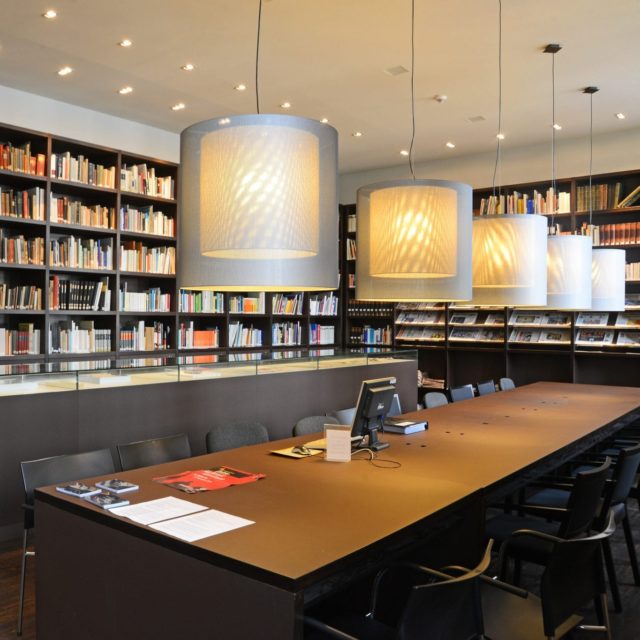
Zeitungsmuseum
The International Newspaper Museum is located in one of Aachen’s oldest town houses. It has a collection of historical newspapers unparalleled anywhere else in the world. In the framework of the Route Charlemagne it deals with the theme “Media”.
Foto: www.medien.aachen.de / Andreas Herrmann
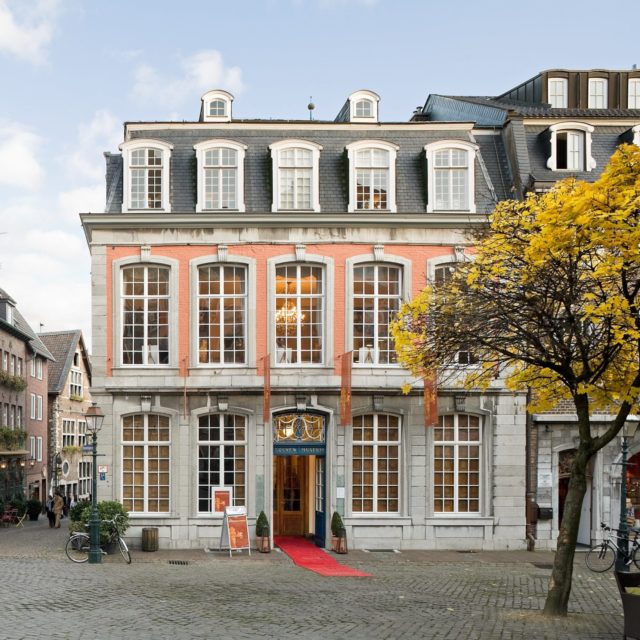
Couven-Museum
The Couven-Museum offers an insight into upper-middle-class lifestyle after the town fire of 1656. It shows living rooms and furnishings from the 17th to the 19th centuries and in this way complements the stations “History” and “Living culture” on the Route Charlemagne.
Foto: www.medien.aachen.de / Peter Hinschlaeger
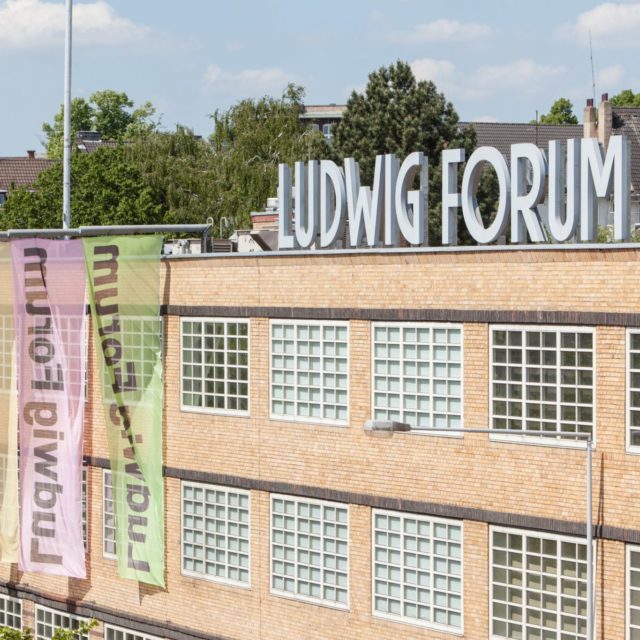
Ludwig Forum
The Ludwig Forum exhibits contemporary art – as well as cinema entertainment, readings and workshop. The Ludwig Museum transports you back to a bygone age of images
Foto: www.medien.aachen.de / Carl Brunn | www.carlbrunn.de